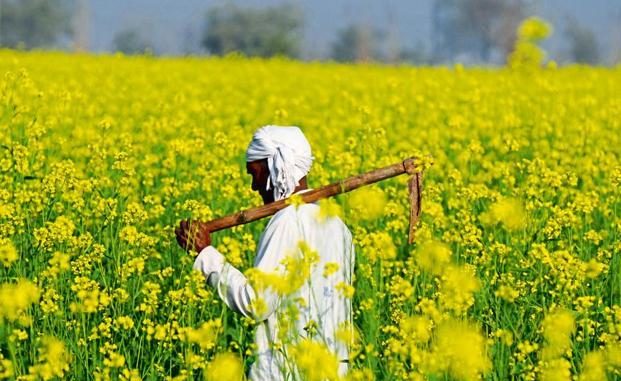
By Rajendra Jadhav
MUMBAI: India’s rapeseed and mustard output is set to drop by at least 10 percent for the 2017/18 crop year as scanty rains and high temperatures prompted farmers to switch to other crops despite a recent hike in the import duty on edible oils, trade officials said.
Rapeseed is typically processed into canola oil and is the main winter-sown oilseed crop in India. Lower rapeseed output could require the world’s biggest edible oil importer to raise overseas purchases of palm oil, soyoil and canola oil. India imports about two-thirds of its edible oil demand.
Farmers have cultivated 5.55 million hectares (13.7 million acres) of rapeseed as of Dec. 1, down 9.5 percent from a year ago, data compiled by Ministry of Agriculture and Farmers Welfare showed.
“Higher temperatures hit germination of seeds. This year yields are likely to be lower than normal,” Patel said.
India produced a record 6.73 million tonnes of rapeseed during the 2016/17 marketing year that ended on Oct. 31, the SEA said.
To boost oilseed crop cultivation and reduce edible oil imports, India last month raised the import tax on edible oils to the highest in more than a decade.
But the decision came too late to change sentiments hit by a drop in rapeseed prices, said Vijay Data, an oil miller.
“Rapeseed gave poor returns to farmers last year. Before the import duty hike most farmers had sold their crop at lower levels,” Data said.
Edible oils imports, including palm oil and soyoil rose to a record in the 2016/17 crop year, which dampened local prices of rapeseed and soybeans during 2017.
The country’s edible oil imports could rise to 15.5 million tonnes in 2017/18 marketing year that started Nov. 1, up from 15 million tonnes a year ago, said a Mumbai-based dealer with a global trading firm.
“Output of soybean was down. Now you will have lower rapeseed crop. On the other hand consumption is going up. So there is no option but to raise imports,” the dealer said. (Reporting by Rajendra Jadhav; Editing by Christian Schmollinger)
Source: Reuters

Leave a Reply